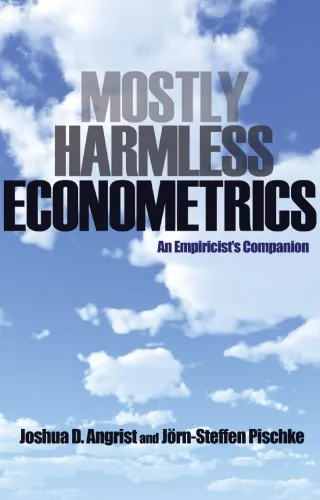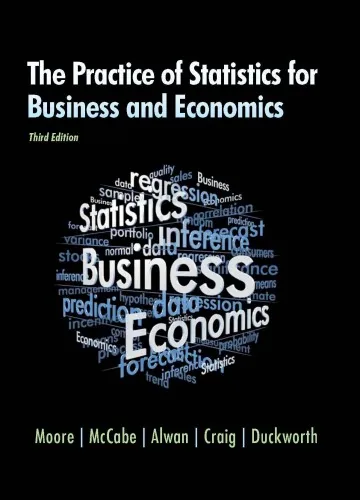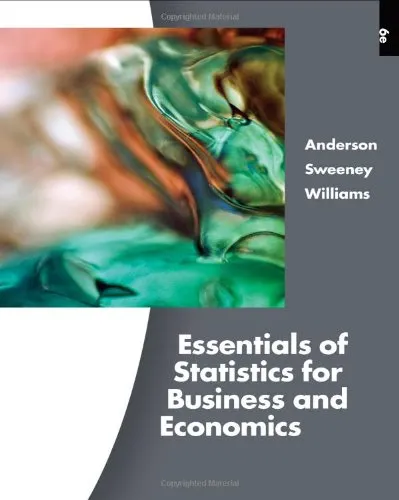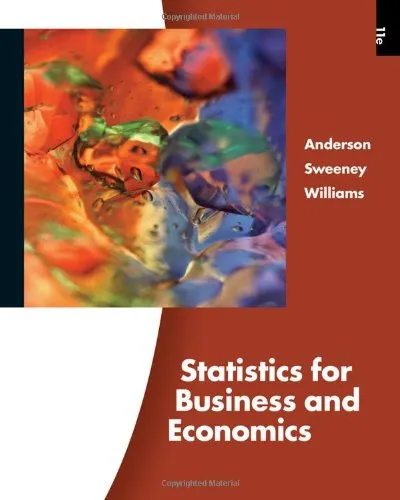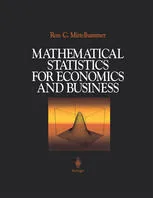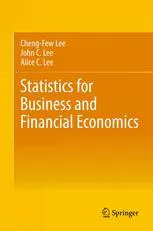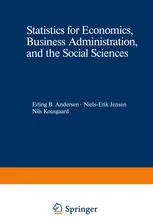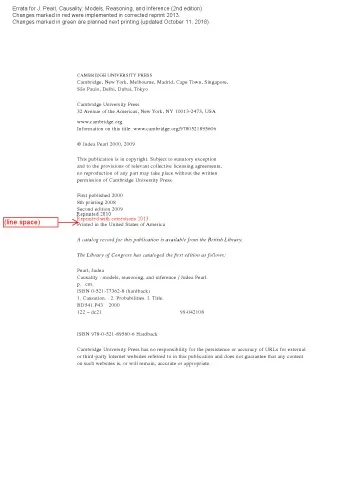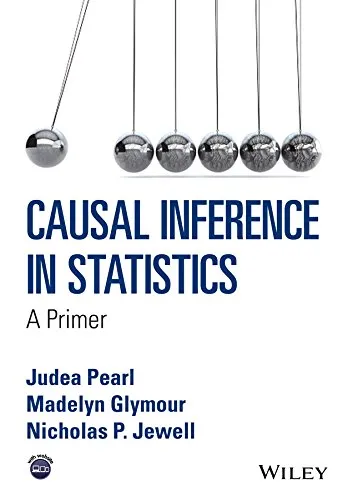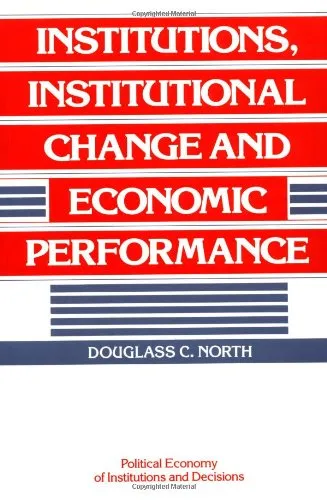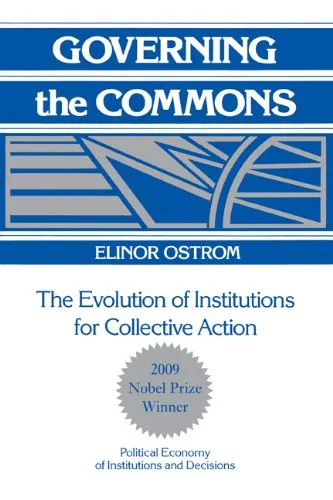Mostly Harmless Econometrics: An Empiricist’s Companion
4.5
Reviews from our users

You Can Ask your questions from this book's AI after Login
Each download or ask from book AI costs 2 points. To earn more free points, please visit the Points Guide Page and complete some valuable actions.Related Refrences:
Welcome to the detailed introduction to Mostly Harmless Econometrics: An Empiricist’s Companion, a book celebrated for its rigorous yet accessible approach to econometric methods tailored for empirical researchers. Written by acclaimed economists Joshua D. Angrist and Jörn-Steffen Pischke, this book strikes a perfect balance between theoretical grounding and practical application. In the sections below, you'll discover a detailed summary, key takeaways, some insightful quotes, and why this book is indispensable for economists and applied researchers.
Detailed Summary of the Book
Mostly Harmless Econometrics is a comprehensive guide to modern econometrics, emphasizing causality and practical implementation of statistical techniques. Moving beyond the textbook formulas and complex theoretical models, this book is written with the empirical researcher in mind. Angrist and Pischke focus on simplifying econometric concepts while maintaining the technical rigor essential for credible analysis.
The book is grounded in the core principle of using econometrics as a tool for uncovering causal relationships, often using observational data. It emphasizes techniques such as regression, instrumental variables, difference-in-differences, and regression discontinuity designs. These methods are discussed in depth in a way that is both accessible to beginners and enlightening to advanced econometricians.
The authors prioritize intuition over mathematical abstraction. They seek to answer the question: How can econometrics solve real-world problems? Whether you’re testing the impact of policy interventions or evaluating market mechanisms, this book provides actionable insights for applied research. With real-world examples from labor economics, public policy, and development economics, Angrist and Pischke demonstrate how empirical economists tackle complex causal questions.
Key Takeaways
- Understanding causality is at the heart of econometrics. Tools like instrumental variables or natural experiments help uncover causal relationships.
- Regression is not just a statistical tool but a foundation for decomposing causal effects. A clear understanding of its assumptions is vital.
- The book introduces robust methodologies like difference-in-differences and regression discontinuity designs for tackling causal inference problems in real-world settings.
- Practical advice is offered for using empirical techniques in applied settings. This includes discussions on model specification, data challenges, and interpreting results.
- The authors champion a pragmatic and problem-driven approach to econometrics, making the subject relevant and valuable for empirical applications.
Famous Quotes from the Book
Throughout Mostly Harmless Econometrics, Angrist and Pischke sprinkle insightful remarks that resonate with both novice and experienced researchers. Here are some memorable highlights:
- "Good empirical work in economics is about making the most of the data that you happen to have."
- "Causality isn't something you find lying on the ground; it’s something you have to dig for."
- "In econometrics, as in life, we don’t get something for nothing."
- "Our goal isn’t theory for theory’s sake. The theory matters only if it informs and guides empirical work."
Why This Book Matters
The importance of this book lies in its ability to bridge the gap between econometric theory and practice. Economists, social scientists, and data practitioners are often tasked with interpreting complex social phenomena using imperfect, real-world data. Mostly Harmless Econometrics equips readers with the tools to make sense of such data and derive credible conclusions.
Angrist and Pischke’s approach is refreshingly practical, focusing not on mathematical proofs but on how empirical tools work in practice. Their use of examples, exercises, and intuitive explanations makes the book valuable to a wide audience, from beginners to seasoned researchers.
In a world inundated with data, this book underscores the importance of understanding causation—not just correlation—through sound econometric techniques. It also helps researchers avoid common pitfalls, including misuse of methods or misinterpretation of results. Thus, its principles and practical advice stand as a cornerstone for anyone engaged in serious empirical research.
Ultimately, Mostly Harmless Econometrics is more than just a guide; it is a call to empirical researchers everywhere to aspire to methodological rigor and intellectual honesty in their work.
Free Direct Download
You Can Download this book after Login
Accessing books through legal platforms and public libraries not only supports the rights of authors and publishers but also contributes to the sustainability of reading culture. Before downloading, please take a moment to consider these options.
Find this book on other platforms:
WorldCat helps you find books in libraries worldwide.
See ratings, reviews, and discussions on Goodreads.
Find and buy rare or used books on AbeBooks.
1310
بازدید4.5
امتیاز0
نظر98%
رضایتReviews:
4.5
Based on 0 users review
Questions & Answers
Ask questions about this book or help others by answering
No questions yet. Be the first to ask!
